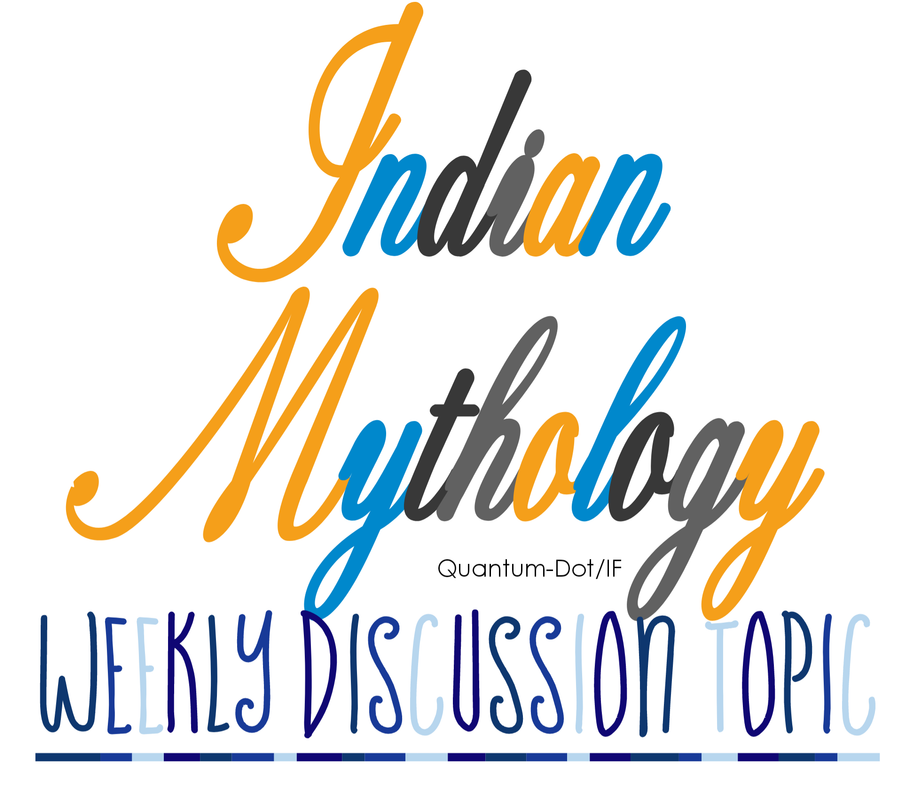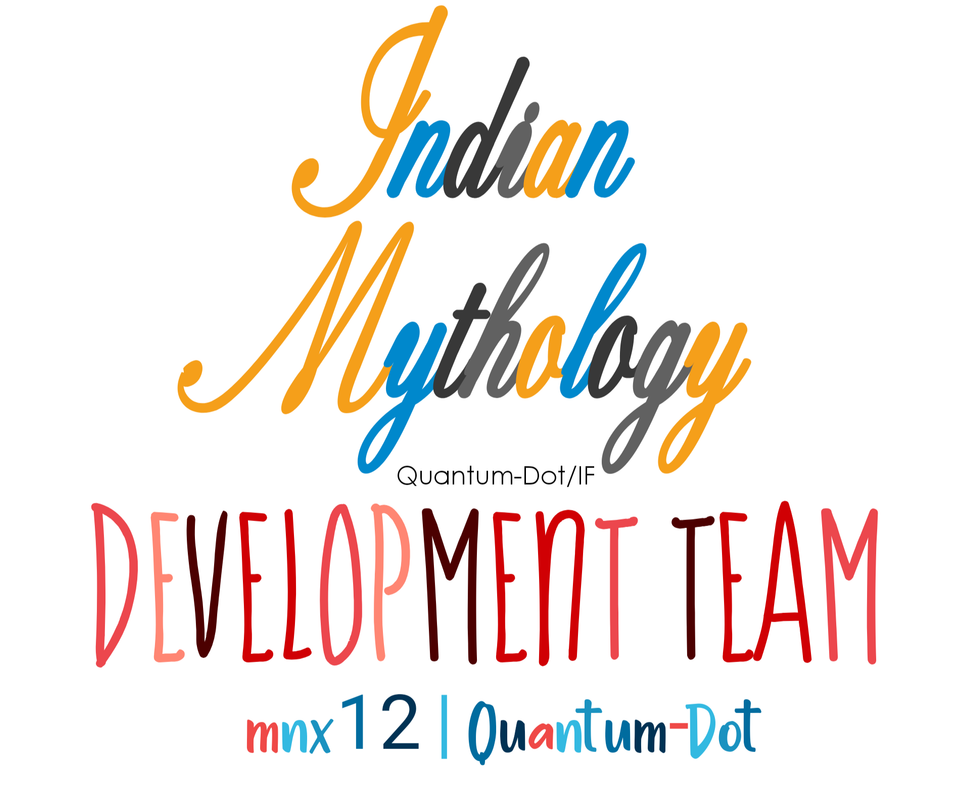
Hello all,
This is the thirteenth weekly discussion topic (13th WDT) in our "Indian Mythology" forum (earlier known as Mythological Masti). As you all know, I generally post a topic (in the form of a question?) from our hindu mythology every week, to have some meaningful mythological discussions.

Since mythology is considered a component of religion, and can be a sensitive topic for most people, with the characters often being revered, you must follow the rules of Indian Mythology Forum to maintain a peaceful atmosphere in our forum.

As today we are celebrating the Father's Day, the topic of this week is:
Which father from our Indian epics you admire the most?

Fathers play an indispensable role in families, providing strength, wisdom, and unwavering support. Beyond their role as providers, fathers often serve as mentors, teaching life lessons and instilling values that shape their children's character. They are pillars of stability during challenging times and celebrate successes with boundless pride. A father's love is profound and enduring, creating a sense of security and guidance that resonates throughout their children's lives.
In our Indian epics, Mahabharata and Ramayana, the fathers play significant roles, each contributing uniquely to the narratives.
Sharing a few examples here, you are free to mention the ones I left out too.
Dasharath ~ The father of Lord Ram, known for his righteousness and deep affection for his sons. Dasharatha's tragic decision to send Ram into exile to honor a promise forms a pivotal moment in the epic.
Janaka ~ The father of Devi Sita, Janaka is renowned for his wisdom and adherence to dharma. He raised Sita with love and instilled in her virtues that later defined her character.
Vasudev ~ The father of Shri Krishna, Balaram and Subhadra, Vasudev is depicted as a devoted father who navigated immense challenges to ensure the safety and well-being of his son, Krishna. His unwavering love and sacrifices underscore the profound bond between father and child in religious narratives.
Nanda ~ The foster father of Shri Krishna who exemplifies nurturing fatherhood through his unconditional love and care for Krishna. His unwavering guidance and support played a pivotal role in shaping Krishna's early life.
Shantanu ~ The father of Devavrat Bhishma, whose relationship with his son is characterized by deep paternal pride and respect for Bhishma's unwavering commitment to his vows and duties. Despite the personal sacrifices and challenges they faced, Shantanu's admiration for Bhishma's integrity and wisdom shaped their familial bond profoundly.
Dhritarashtra ~ The father of the Kauravas, Dhritarashtra's blind love for his sons, particularly Duryodhana, fuels much of the conflict in the Mahabharata. Dhritarashtra's parenthood is marked by a profound sense of duty and affection, yet his inability to restrain his eldest son, Duryodhana, from destructive paths reflected his inner conflict and weakness. Despite his good intentions, Dhritarashtra's choices as a father ultimately contributed to the downfall of his lineage in the epic saga of the Mahabharata.
Drupad ~ The father of Draupadi and Dhristadyumna, epitomized paternal ambition and determination, driven by his desire to restore his kingdom's honor and power. His strategic foresight and leadership guided Draupadi to become a symbol of strength and resilience, while Dhristadyumna emerged as a skilled warrior and commander, fulfilling their destinies in the tumultuous events of the Mahabharata. Drupad's unwavering support and guidance underscored his pivotal role in shaping their characters and destinies amidst the epic's dramatic narrative.
Arjun ~ The father of Abhimanyu, whose relationship with his son is marked by paternal pride and deep affection, shaping Abhimanyu into a courageous and skilled warrior. Despite the tragic circumstances of Abhimanyu's early death in the Mahabharata war, Arjun's teachings and influence left a lasting legacy on his son's valor and honor.
Each father in these epics embodies complex virtues and flaws, influencing their children's destinies and shaping the grand narratives of righteousness, duty, and familial loyalty.

Share your views and engage in meaningful discussions with your fellow members.
Wishing everyone and their respective fathers a very Happy Father's Day, for all their guidance, support and sacrifices in shaping their children's life.

Now, you can win a chance to become the Mythological Wordsmith Of The Month, by participating in the Weekly Discussion Topics (WDT) posted by the DT every week and write unique answers to the questions, and those who get the most likes to their answers throughout the month will be crowned the title for that month. Do note that, plagiarism is a serious offence. And newbie's likes won't be counted.














comment:
p_commentcount